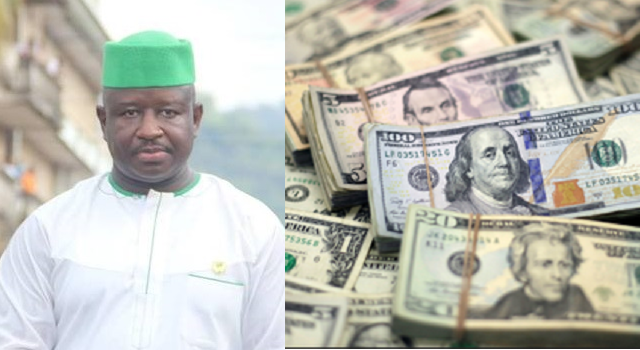In a striking contrast to Liberia’s President Joseph Boakai, who has shown solidarity with his struggling citizens by taking a 40% pay cut, President Julius Maada Bio of Sierra Leone finds himself under scrutiny for his hefty government spending.
While Boakai’s gesture is winning applause for its empathy during tough economic times, Sierra Leoneans are growing increasingly critical of their own president’s financial habits.
Reports reveal that President Bio’s office has recorded significant expenses in three main areas: State House and State Lodge, the Office of the President, and special warrants to the Office of the President.
Over the past five years, these expenditures have sparked serious concerns among citizens who are already grappling with widespread poverty and economic challenges.
The amount spent under these categories during President Bio’s tenure is nothing short of eye-watering, prompting heated public debate over the government’s spending priorities.
Adding fuel to the fire is the lack of transparency about the president’s earnings and the exact purposes of these expenditures, which only intensifies the calls for accountability in government spending.
This lack of transparency is worsened by the recent removal of the Auditor General, who played a crucial role in scrutinizing such expenditures.
Inspired by Liberia’s example, Sierra Leoneans are questioning why such large sums are being funneled into the president’s office when so many are facing severe economic hardships.
The contrast between the leadership styles of the two neighboring countries couldn’t be more glaring.
It’s a vivid reminder of the ongoing issues of governance and fiscal responsibility in Sierra Leone.
So, while Liberia’s President Boakai is tightening his belt, it seems President Bio is busy expanding his wardrobe—metaphorically speaking, of course.
Sierra Leoneans are left wondering if their president is aware of the economic reality outside his well-funded office. Perhaps he should take a page out of Boakai’s book and consider a financial diet, for the sake of his people and his own political health.












I doubt the credibility of the writer. This a make-up story and full of malice. What was the petty cash for the office of the president during the era of President Koroma? It was far greater than what the office of the President is receiving now.
Please research well before publishing trash.
For over 20 years this man was broke and unemployed watching Ernest and his cohorts enjoying the largesse of government. I’m sure lady Fatima may have whispered in his years something about, “u sidom, nor go try.” With luck and persistence, he is today “blessed.” Pa, enjoy, it is your turn